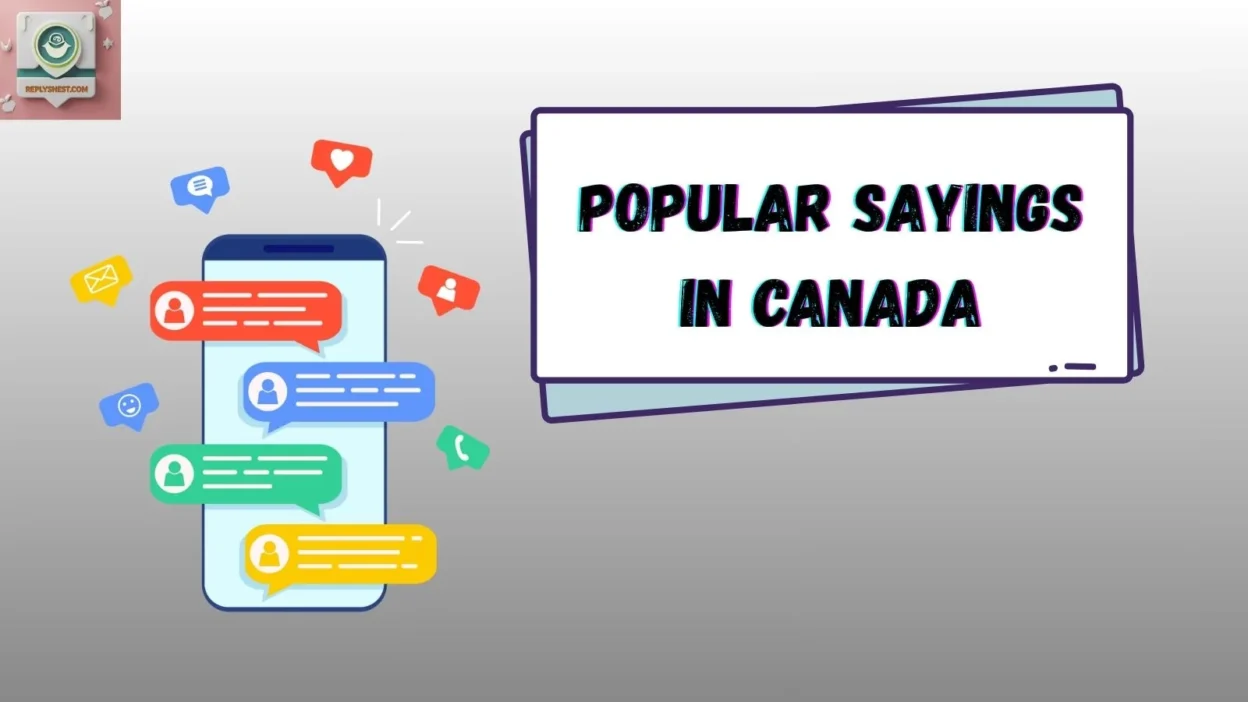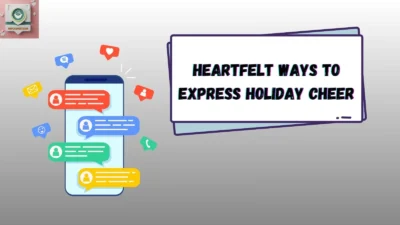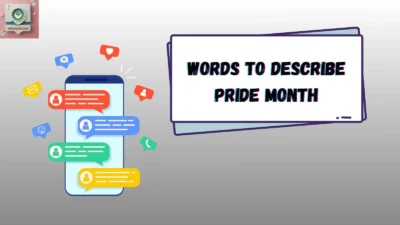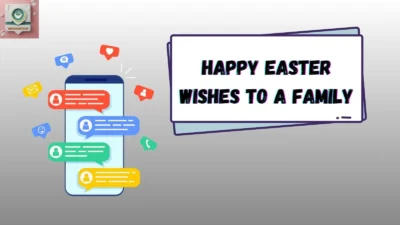If you’ve ever chatted with a Canadian, you’ve probably noticed their unique way of speaking — friendly, polite, and full of charm. From their love of saying “sorry” even when it’s not their fault, to ending sentences with “eh”, Canadian expressions reflect warmth, humility, and humour. Popular Sayings in Canada.
Canada is full of sayings and slang words that reflect the unique culture and everyday life of its people. If you ever grab a double-double at Tim Hortons, you might hear someone say Eh or sorry in passing—both common Canadian expressions. From two creams and two sugars in your coffee to a two-four of 24 beers, Canadians have a fun way of describing drinks, food, and everyday items like loonie, toonie, one-dollar, and two-dollar coins.
Visiting the Prairies or The 6ix in Toronto, you might meet a keener (an overly eager person), a brownnoser, or just a friendly Canuck, all part of the playful social language. Canadians love their sports, so phrases like rink rat, Puck Bunny, and five-hole pop up often, along with references to hockey, maple syrup, zamboni, and the maple leaf as a national symbol.
When traveling or hanging out, you might hear hang a Larry or hang a Roger, used as directions, or see people wearing a tuque or a hooded sweatshirt to stay warm during the winters. Canadians enjoy their poutine, fries, cheese curds, and gravy, often with a Caesar or Clamato juice. Words like fill yer boots, help yourself, How’s she bootin’er, and What You Sayin’ reflect friendliness and humor. From the East Coast of Newfoundland to Vancouver, locals embrace bunny hugs, beaver tails, and snacks like Timbits, donuts, and Beaver tail desserts.
Even casual greetings at a café or convenience store like dépanneur include hello, please, and give’r, showing that Canadians value politeness and effort, whether you’re having a Molson Muscle, beer belly, or just enjoying a sweet treat. The language of Canada blends history, like British rule, with influences from Jamaican communities and French Canada, making it colorful, fun, and uniquely Canadian.
1. “Eh?”
A classic Canadian tag that softens a sentence or invites agreement.
Best use: To make your statement sound friendly or check if someone agrees.
Not to use: In formal writing or serious professional emails.
Other ways to say: “Right?”, “You know?”, “Isn’t it?”
Example: “It’s cold out today, eh?”
2. “Sorry”
Canadians are famous for overusing this word — and they mean it sincerely!
Best use: When you want to show empathy or politeness, even in small inconveniences.
Not to use: When you’re not at fault in serious matters — over-apologizing can undermine your confidence.
Other ways to say: “My apologies”, “Pardon me”, “Excuse me”
Example: “Sorry! Didn’t see you there.”
3. “Double-double”
This one’s for coffee lovers — it means a coffee with two creams and two sugars, made famous by Tim Hortons.
Best use: When ordering coffee or chatting about your go-to brew.
Not to use: Outside Canada, where baristas might just stare blankly.
Other ways to say: “Coffee with cream and sugar”
Example: “I’ll grab a double-double on my way to work.”
4. “Toque”
That cozy winter hat with a pom-pom on top.
Best use: When referring to your knitted winter hat during cold weather.
Not to use: In summer — obviously.
Other ways to say: “Beanie”, “Knit cap”
Example: “Don’t forget your toque — it’s freezing out there!”
5. “Loonie”
A one-dollar coin, named after the loon (a bird) on it.
Best use: Talking about Canadian currency.
Not to use: In non-Canadian currency contexts.
Other ways to say: “Dollar”, “Buck”
Example: “Can you lend me a loonie for the vending machine?”
6. “Two-four”
A case of 24 beers — a Canadian weekend essential.
Best use: When planning a get-together or talking about buying beer.
Not to use: In sober or formal settings.
Other ways to say: “Case of beer”, “24-pack”
Example: “We’re bringing a two-four for the long weekend!”
7. “Hydro”
Means electricity, not water — confusing, right?
Best use: When talking about your utility bill or electric power.
Not to use: In non-Canadian contexts, where “hydro” means water.
Other ways to say: “Electricity”, “Power”
Example: “My hydro bill was obsessed this month.”
8. “Keener”
Someone eager to please or do well — often in school or work.
Best use: When playfully teasing someone enthusiastic.
Not to use: When it might sound insulting.
Other ways to say: “Teacher’s pet”, “Go-getter”
Example: “You finished your project already? Such a keener!”
9. “Chesterfield”
An old-school term for sofa or couch.
Best use: In nostalgic or rural settings.
Not to use: In modern slang — most people just say “couch”.
Other ways to say: “Sofa”, “Settee”
Example: “We sat on the chesterfield and watched hockey.”
10. “Timmies”
Short for Tim Hortons, Canada’s most beloved coffee chain.
Best use: When referring to grabbing coffee or snacks.
Not to use: Outside Canada — unless your friends are Tim Hortons fans.
Other ways to say: “Coffee shop”, “Café”
Example: “Let’s meet at Timmies before work.”
11. “Runners”
What Canadians call sneakers or tennis shoes.
Best use: Talking about casual footwear.
Not to use: In formal attire conversations.
Other ways to say: “Sneakers”, “Trainers”
Example: “Grab your runners — we’re going for a jog.”
12. “Pop”
Refers to soft drinks, not the sound or your dad.
Best use: When ordering a soda or talking about beverages.
Not to use: When you mean your father!
Other ways to say: “Soda”, “Soft drink”
Example: “Do you want some pop with your pizza?”
13. “Hang a Larry”
Means turn left while driving.
Best use: In casual driving directions.
Not to use: In professional navigation instructions.
Other ways to say: “Turn left”
Example: “Hang a Larry at the next stoplight.”
14. “Hang a Roger”
The opposite of a Larry — it means turn right.
Best use: Casual directions among friends.
Not to use: When giving directions to someone unfamiliar with slang.
Other ways to say: “Turn right”
Example: “Hang a Roger at the gas station.”
15. “Snowbirds”
Canadians who escape the winter by flying south.
Best use: Describing retirees or travelers avoiding the cold.
Not to use: For people who actually migrate for work.
Other ways to say: “Winter travelers”, “Sun seekers”
Example: “My grandparents are snowbirds — they spend winters in Florida.”
16. “Give’r”
Means to go for it or put in full effort.
Best use: Encouraging someone to do their best.
Not to use: In serious professional advice.
Other ways to say: “Go for it”, “Do your best”
Example: “You’re almost done — just give’r!”
17. “Out for a rip”
Means going for a drive or having a bit of fun.
Best use: Talking about a spontaneous outing.
Not to use: In formal speech or writing.
Other ways to say: “Going for a drive”, “Heading out”
Example: “We’re just out for a rip, eh!”
18. “Hoser”
A lighthearted insult meaning someone a bit silly or uncool.
Best use: Among friends in a joking way.
Not to use: With strangers — it can be rude.
Other ways to say: “Goof”, “Dork”
Example: “Don’t be such a hoser!”
19. “Molson muscle”
Refers to a beer belly — named after Molson beer.
Best use: As a funny self-joke.
Not to use: To describe someone else’s appearance.
Other ways to say: “Dad bod”, “Beer belly”
Example: “I’ve been working on my Molson muscle all summer!”
20. “Beauty, eh?”
Used to express admiration or approval.
Best use: Praising something or someone.
Not to use: In sarcastic or negative tones.
Other ways to say: “That’s awesome!”, “That’s great!”
Example: “That was a beauty of a goal, eh?”
21. “Skookum”
Means strong, impressive, or excellent (borrowed from Chinook Jargon).
Best use: When admiring something solid or reliable.
Not to use: In very formal writing.
Other ways to say: “Solid”, “Strong”, “Impressive”
Example: “That’s a skookum truck you’ve got there!”
22. “Washroom”
The polite Canadian term for restroom.
Best use: When asking for directions to a restroom in public.
Not to use: When “toilet” is more commonly used (like in the UK).
Other ways to say: “Restroom”, “Bathroom”
Example: “Excuse me, where’s the washroom?”
23. “Eh, buddy!”
A casual friendly greeting, often to someone you know.
Best use: With friends or acquaintances in casual settings.
Not to use: In formal greetings.
Other ways to say: “Hey man!”, “What’s up?”
Example: “Eh, buddy! Long time no see!”
24. “All-dressed”
Refers to chips (crisps) with multiple flavors mixed — very Canadian.
Best use: Talking about snack flavors.
Not to use: In contexts outside food.
Other ways to say: “Mixed flavor”, “Everything flavor”
Example: “I’ll take the all-dressed chips, please.”
25. “True North”
A patriotic phrase referring to Canada itself.
Best use: In cultural or emotional conversations about Canada.
Not to use: In non-Canadian geography discussions.
Other ways to say: “Canada”, “Our home and native land”
Example: “Proud to call the True North my home.”
Conclusion
Canadian sayings reveal a lot about the country’s friendly, humorous, and polite culture. Whether it’s a simple “sorry” or a cheerful “give’r!”, these phrases make communication warmer and more human. The next time you chat with a Canadian — or want to sound like one — sprinkle a few of these into your conversation. You’ll find that language isn’t just words; it’s connection, kindness, and culture rolled into one.
Editor’s Picks (Top 10 Sayings & Why People Love Them)
- “Eh?” – It’s the heartbeat of Canadian conversation; simple yet so friendly.
- “Sorry” – Reflects genuine politeness and empathy.
- “Double-double” – A cultural symbol of comfort and morning rituals.
- “Give’r” – Motivational, playful, and full of Canadian energy.
- “Toque” – Winter’s best friend — both cozy and iconic.
- “Beauty, eh?” – A wholesome way to express admiration.
- “Washroom” – The politest restroom term in the English-speaking world.
- “Timmies” – Synonymous with Canadian coffee culture.
- “Loonie” – A quirky yet practical currency nickname.
- “True North” – The phrase that captures Canada’s identity and pride.



